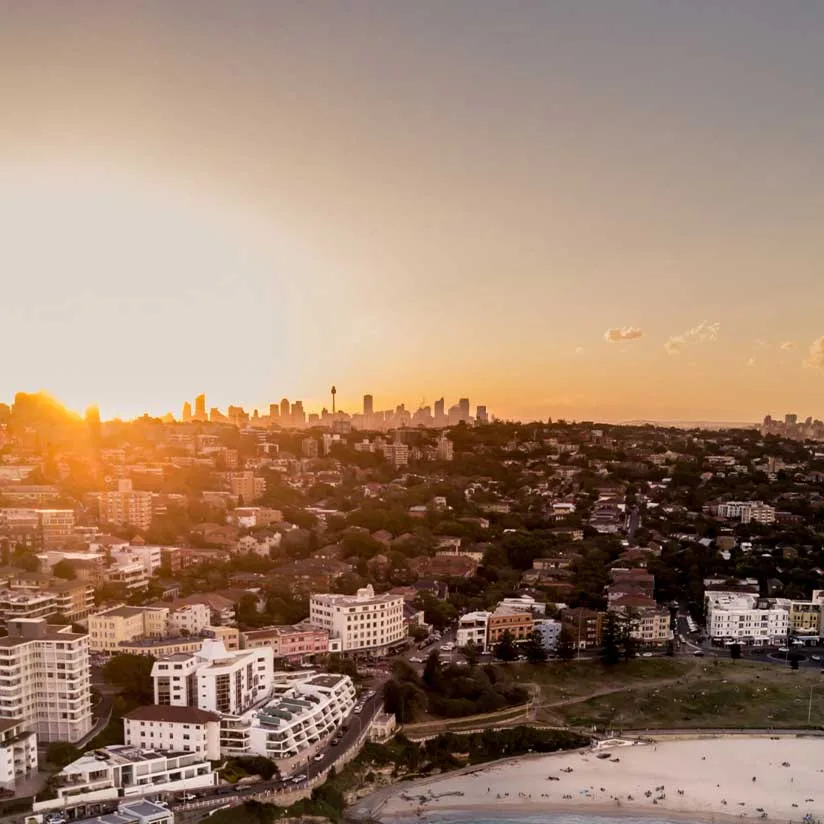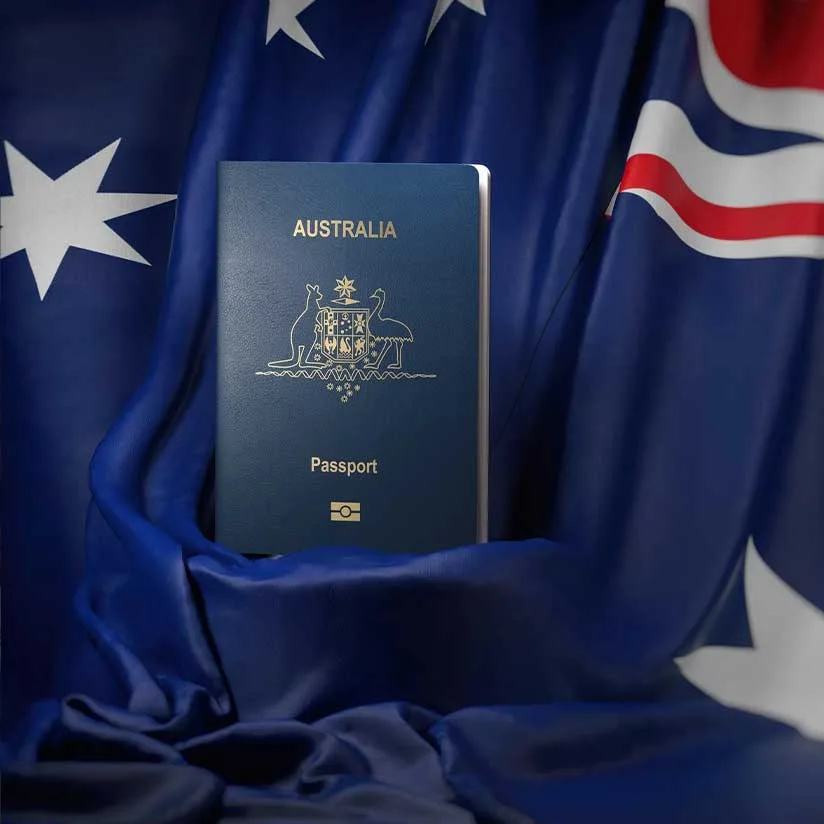
Thinking of Studying Abroad After 12th? Here’s What You Should Know
Picture this: You’ve just cleared your 12th boards, and now you’re staring at a future full of possibilities. Engineering? Medical? Commerce? Or… something beyond borders?
A growing number of Indian students in 2025 are saying, “Why not study abroad?”
Studying overseas after 12th isn’t just for the privileged few anymore. With the right information, planning, and expert guidance (especially for your student visa in Ahmedabad), it can be within reach—even free in some cases.
Let’s walk you through the options, step by step.
Why Consider Studying Abroad After 12th?
Ask yourself: What do you want from your education?
Is it global exposure? Access to advanced labs and infrastructure? Or maybe, a career that takes you places?
Studying abroad offers:
- Top-tier universities with modern, research-driven learning
- Flexible and diverse courses—you’re not locked into one stream
- Better job opportunities through post-study work visas
- A chance to grow independently and explore new cultures
Take Riya from Surat, for example. She studied biotechnology in Canada after 12th and is now working with a global research company in Toronto. Her journey began with a bold choice—and a solid visa strategy.
Can You Study Abroad for Free?
Yes, it’s possible. Many countries and universities offer tuition-free education or fully funded scholarships, even to Indian students.
Here are some smart options:
1. Germany: Public universities charge no tuition fees, just semester contributions (about €200–€400).
2. Norway, Sweden, Austria, France, and Taiwan: Some universities offer free or very low-cost programs for international students.
3. Scholarships:
- DAAD (Germany)
- MEXT (Japan)
- GKS (South Korea)
- Fulbright (USA) These scholarships often cover both tuition and living costs.
4. Student Exchange Programs: Some Indian schools have partnerships with overseas universities, offering short-term or semester-long programs.
Pro tip:
Start early. Apply for scholarships the moment applications open. And remember, even if tuition is free, you’ll still need to budget for living expenses and visa processing.
Top Universities After 12th for Indian Students
Wondering where Indian students are heading these days? Here’s a quick list of universities that are popular for undergraduate programs:
| Country | Top Universities | Why They Stand Out |
|---|---|---|
| USA | MIT, Harvard, Stanford, Northeastern | World-class research, scholarships |
| UK | Oxford, Cambridge, Imperial College London | Shorter UG programs (3 years), high rankings |
| Canada | University of Toronto, McGill, UBC | Affordable, great post-study work policies |
| Australia | University of Melbourne, Monash | Student-friendly, globally accepted degrees |
| Germany | TU Munich, Heidelberg University | Tuition-free, especially strong in STEM |
| Ireland | Trinity College Dublin, UCD | Innovation-driven, English-speaking country |
| Singapore | National University of Singapore (NUS) | Asia’s top-ranked university, tech-focused |
Each university and country has its own perks. The real question is—what’s the best fit for you?
What Entrance Exams Do You Need?
Let’s simplify this.
For English proficiency:
- IELTS: Required by most UK, Canada, and Australia universities (score: 6.0–7.5)
- TOEFL: Popular in the USA (score: 90–100)
- PTE: Accepted in many global institutions
- Duolingo: Gaining popularity for its convenience and affordability
For academics:
- SAT/ACT: Needed for USA and some Canadian or Singaporean universities
- NEET: If you’re going abroad for MBBS or other medical programs
- Some European or Asian universities may also have subject-specific tests or entrance requirements
The Application Process: Step-by-Step
Here’s a quick roadmap:
- Research: Shortlist countries, universities, and programs based on your interest and budget
- Exam prep: Register and study for entrance exams (SAT, IELTS, etc.)
- Documents: Get your transcripts, recommendation letters, and personal statement ready
- Apply: Send your applications—most begin in September and close by February-March
- Scholarships: Apply for financial aid or fully funded opportunities
- Accept offer: Choose your university and accept the admission letter
This process might sound overwhelming, but with proper planning and expert support—especially for your student visa in Ahmedabad—it becomes manageable.
Student Visa: What to Know and How to Get It in Ahmedabad
Your dream admission is only half the journey. The real work begins with the visa process.
Here’s what you’ll need:
- Offer letter from a recognized university
- Proof of finances for tuition and living expenses
- Valid passport and academic documents
- Language proficiency scores (IELTS, TOEFL, etc.)
- Medical check-up and, in some cases, a visa interview
Different countries have different visa rules. For example, Canada requires a GIC (Guaranteed Investment Certificate), while the UK issues a CAS (Confirmation of Acceptance for Studies).
This is where NB Visa World steps in. Our team specializes in helping students secure a student visa in Ahmedabad, ensuring you have the right documents, timely submissions, and guidance through interviews if needed.
Final Tips for Success
- Start early: Begin researching and preparing by Class 11 or early in Class 12
- Keep your grades up: Academic records matter
- Be proactive: Don’t wait till deadlines to apply for exams or scholarships
- Stay informed: Visa rules change—keep an eye or consult a trusted expert
Conclusion
Studying abroad after 12th isn’t just possible—it’s smart. Whether you’re aiming for a tuition-free course in Germany or a top university in Canada or the UK, your journey starts with planning and the right support system.
With hundreds of Indian students already following this path in 2025, why not you?
At NB Visa World, we’re here to simplify every step—from choosing the right course to securing your student visa in Ahmedabad.
Get in touch today, and let’s build your global future—starting now.
Latest Posts
Contact Us






